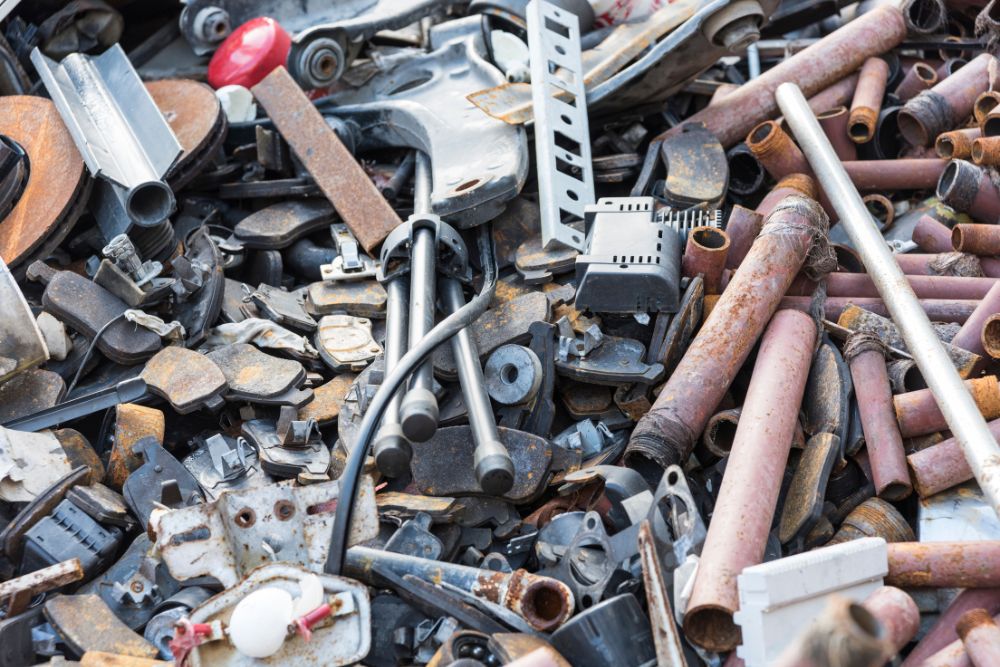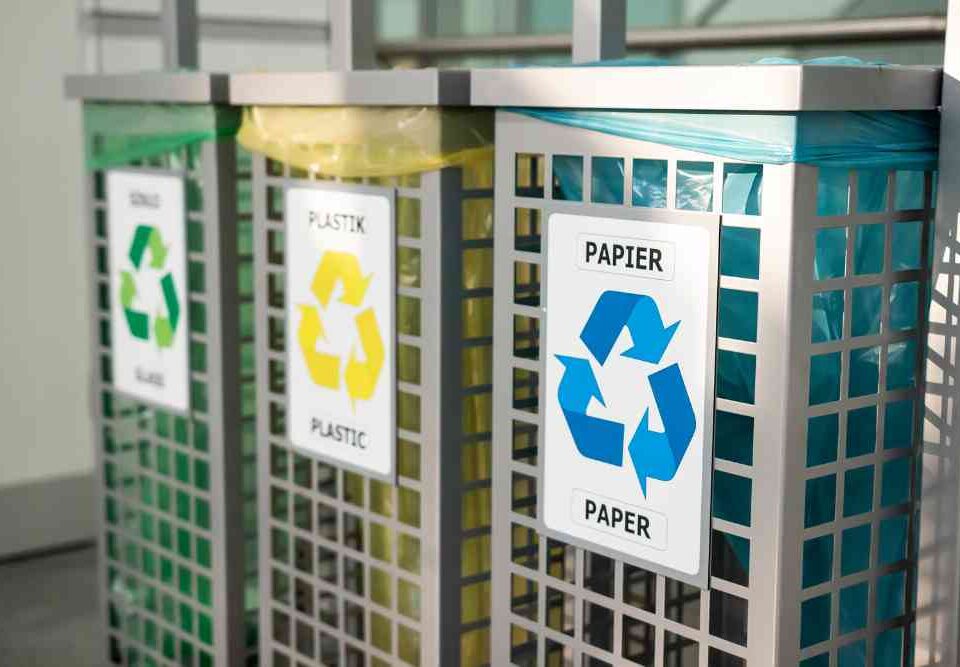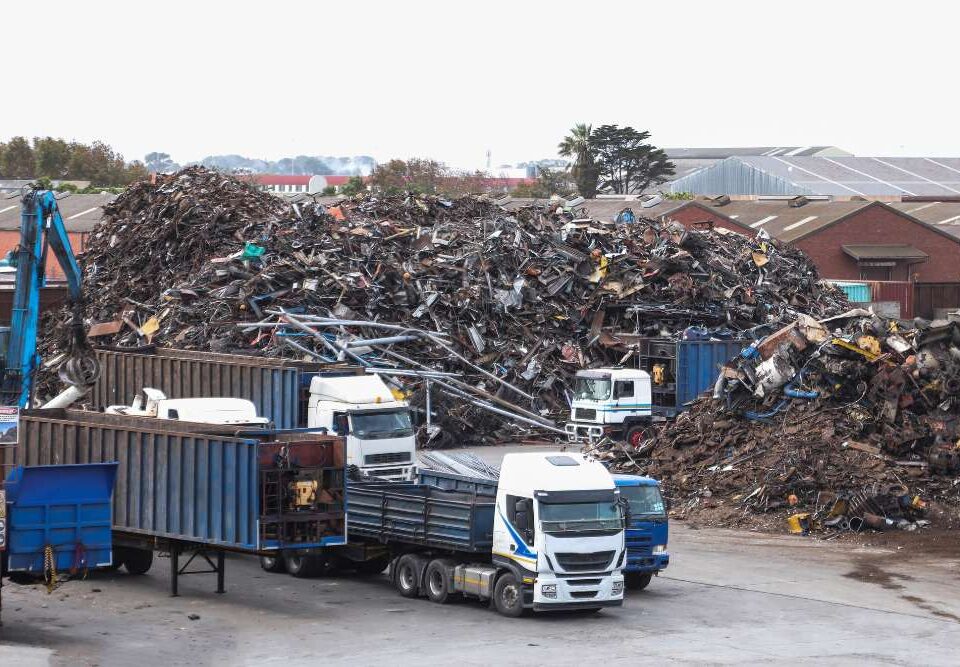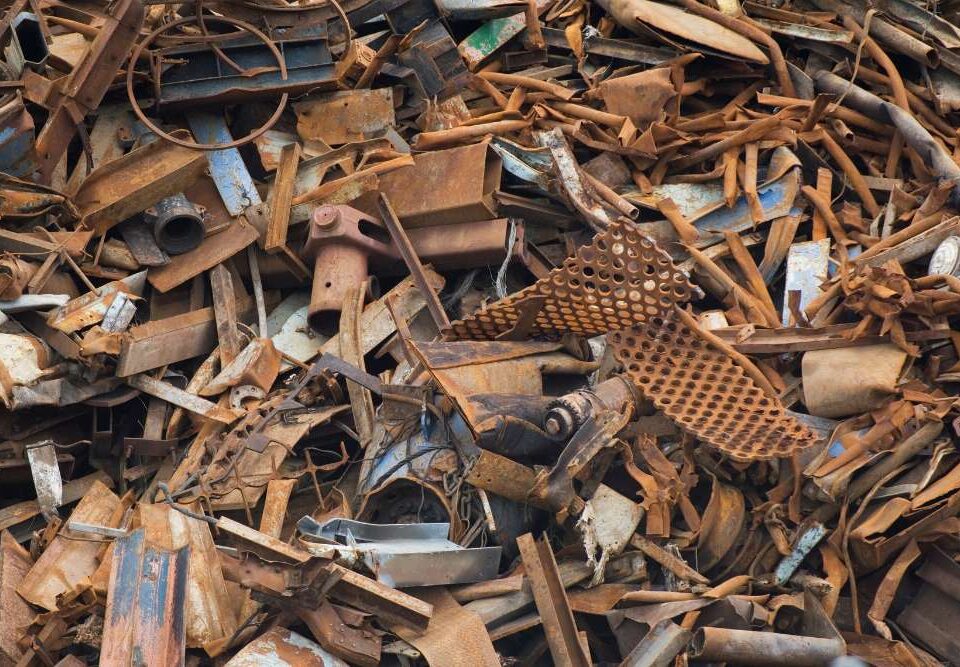
How Eco-Friendly Junk Removal Helps with Recycling and Waste Management
September 24, 2025
The Environmental Importance of Donating Your Junk Items
September 24, 2025How Scrap Metal Recycling Contributes to Economic and Environmental Benefits
Scrap metal is everywhere—old appliances in garages, rusting tools in sheds, broken furniture frames, and construction debris piling up at job sites. While many people see it as waste, scrap metal holds untapped value that goes far beyond clutter removal. Recycling metal not only provides an effective way to conserve resources but also fuels economic growth by creating jobs, reducing production costs, and strengthening local industries. At the same time, it significantly lessens environmental strain by lowering carbon emissions, saving energy, and minimizing landfill overflow. By embracing scrap metal recycling, individuals and businesses actively support a healthier planet and economy.
Reducing the Demand for Raw Material Mining
Mining for raw metals such as iron, copper, and aluminum is an intensive process that requires significant energy, labor, and environmental disruption. Large-scale mining operations strip landscapes, destroy habitats, and consume vast amounts of water and fuel. By recycling scrap metal, communities reduce the need for such destructive practices, conserving nature and safeguarding ecosystems.
Each piece of recycled metal represents fewer mines carved into mountains and less pollution from heavy machinery. For instance, recycled aluminum saves up to 95 percent of the energy required to produce it from raw ore. These savings extend globally by lowering greenhouse gas emissions and locally by protecting natural resources that communities depend upon. Recycling diverts pressure from overexploitation, giving the environment time to recover and regenerate. Ultimately, recycling transforms waste into a resource that balances human needs with ecological preservation, reducing our reliance on extracting new materials from the earth.
Conserving Energy through Recycling Processes
Producing metal from raw ore requires massive amounts of energy, from smelting to refining. Recycling scrap metal, however, consumes significantly less energy. Steel production from recycled materials, for example, uses nearly 60 percent less energy compared to production from virgin sources. This reduction not only cuts costs but also decreases environmental harm.
When scrap metal is reused, energy-intensive stages like mining and processing are bypassed. This means power plants burn less fossil fuel, releasing fewer emissions. The benefits ripple outward, reducing air pollution and slowing climate change. Households and businesses participating in scrap recycling contribute to a system that uses resources wisely while keeping operational expenses low for industries. By choosing recycling over disposal, communities effectively reduce their collective energy footprint. This shows that even everyday items like old pipes or car parts can serve as valuable tools in conserving energy and supporting greener production cycles.
Generating Employment Opportunities in Recycling Industries
The recycling industry is a powerful driver of employment, especially in regions committed to sustainable waste management. Scrap metal recycling requires skilled workers to collect, sort, process, and distribute materials. Each of these stages provides jobs that support local economies, from laborers at collection centers to technicians operating machinery in recycling plants.
These jobs not only provide income but also create career pathways in an industry that continues to grow as sustainability becomes a priority worldwide. Recycling supports innovation and training in green technologies, giving workers long-term opportunities in eco-conscious fields. By diverting metal away from landfills and into recycling channels, communities ensure that labor is directed toward productive, sustainable outcomes. Instead of paying for waste management costs, money circulates within the local economy, reinforcing stability and growth. Thus, scrap recycling is not just an environmental solution—it is a meaningful contributor to job creation and economic resilience.
Reducing Landfill Overflow and Pollution
Landfills across the globe face increasing pressure as waste generation rises. Metal items, often bulky and long-lasting, occupy significant space when discarded. Scrap metal recycling alleviates this strain by keeping heavy materials out of landfills, preserving valuable space for items that cannot be reused.
Beyond space concerns, metals in landfills can pose environmental hazards. When they corrode, chemicals may leach into soil and groundwater, polluting ecosystems and harming wildlife. Recycling prevents these outcomes, ensuring metals are safely processed instead of becoming long-term pollutants. Communities that embrace recycling reduce landfill maintenance costs while protecting natural surroundings from contamination. In this way, metal recycling addresses two issues simultaneously: shrinking the waste footprint and safeguarding the health of local environments. This dual benefit highlights why recycling should be central to responsible junk removal strategies, turning discarded metals into opportunities for progress rather than sources of harm.
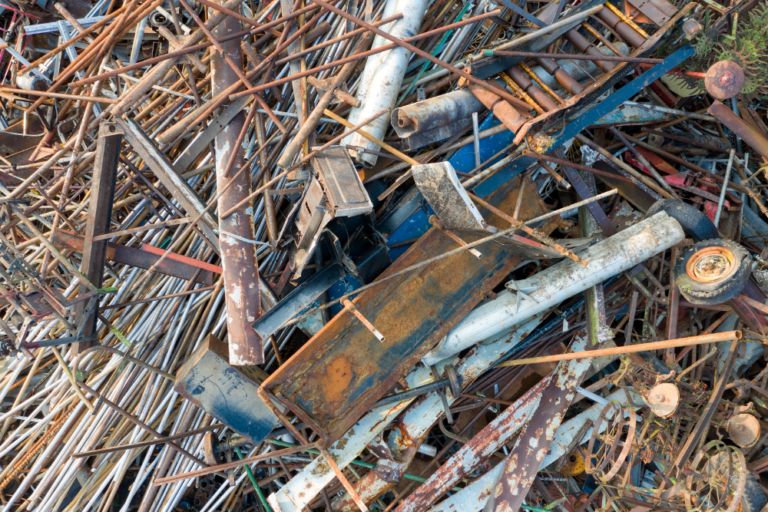
Strengthening Local and Global Economies
Recycled metal plays a vital role in both local and international markets. By supplying industries with affordable, ready-to-use materials, recycling reduces reliance on costly imports of raw ores. Local industries benefit from steady supplies of recycled steel, aluminum, or copper, enabling them to maintain production without the high expenses tied to mining.
On a global scale, recycled metal supports trade by providing raw materials for manufacturing across various sectors, from construction to automotive. This lowers production costs and helps stabilize economies during resource shortages. Communities that recycle become active participants in this global system, while also retaining more wealth locally by generating income from scrap sales. Recycling ensures resources flow efficiently between households, businesses, and industries, creating resilience at every level. The economic influence of recycling proves that sustainability is not only an environmental necessity but also a foundation for thriving, interconnected markets.
Lowering Production Costs for Manufacturers
Manufacturing industries rely heavily on metals to produce goods ranging from household appliances to vehicles and infrastructure. When they use recycled metals instead of raw materials, their production costs drop significantly. Recycling bypasses expensive mining, transport, and refining processes, allowing industries to save money while maintaining quality.
These savings often trickle down to consumers in the form of affordable products. Additionally, companies that embrace recycled inputs enhance their reputation as environmentally responsible, which can increase demand for their products in eco-conscious markets. Manufacturers gain efficiency while aligning with sustainability goals, creating a win-win scenario. The economic incentive for businesses to support recycling highlights its long-term viability as a core industrial practice. When manufacturers choose recycled metals, they reduce their environmental impact while boosting profitability, proving that environmental stewardship and financial success can operate hand in hand in today’s competitive market landscape.
Reducing Greenhouse Gas Emissions from Manufacturing
Manufacturing metals from raw ore is one of the most energy-intensive and polluting industrial processes. The burning of fossil fuels during smelting releases massive amounts of greenhouse gases, contributing to climate change. Recycling scrap metals significantly reduces these emissions, providing a direct way to lower industrial carbon footprints.
For instance, recycling steel cuts carbon dioxide emissions by nearly 60 percent compared to producing it from raw materials. Similarly, recycled aluminum requires a fraction of the energy, resulting in far fewer emissions. Every ton of recycled metal prevents tons of greenhouse gases from entering the atmosphere. Communities and businesses that participate in recycling take tangible action in combating climate change, moving society closer to environmental targets. By closing the loop on metal use, recycling reduces reliance on harmful production methods while maintaining supply for industries.
Encouraging Responsible Consumer Habits
Scrap metal recycling is not only about industrial processes—it also influences everyday behavior. When people understand the value of recycling, they become more conscious of consumption and disposal choices. Instead of treating old appliances, tools, or car parts as useless junk, individuals recognize them as valuable resources with potential to re-enter the production cycle.
These small shifts in perspective collectively strengthen sustainable habits within communities. Households that recycle demonstrate responsibility to younger generations, instilling the importance of conservation and mindful living. Businesses that participate set positive examples for customers, showing that environmental responsibility can align with operational success. Over time, recycling shapes cultural norms, making sustainability second nature.
Supporting Innovation in Recycling Technology
As demand for recycling grows, industries are investing in advanced technologies to process scrap metals more efficiently. Modern recycling facilities use automated systems for sorting, shredding, and melting, improving recovery rates and reducing waste. These innovations not only streamline recycling but also open doors for new uses of metals across diverse sectors.
Technological advancements make recycling more profitable, further driving economic benefits. For example, cleaner processing techniques reduce energy use, while innovative sorting methods allow for more precise separation of metal types. This ensures higher quality outputs that can compete with virgin materials. Continued investment in recycling technology promotes research, development, and entrepreneurship in sustainable fields. Supporting scrap metal recycling thus fosters innovation, encouraging societies to adapt to future challenges with creative solutions.
Building a Sustainable Future through Metal Recycling
Scrap metal recycling is more than just a method of waste reduction—it is a cornerstone of building sustainable futures. By conserving resources, saving energy, and lowering emissions, it directly contributes to global goals for environmental preservation. At the same time, its economic influence ensures that sustainability remains financially viable, with benefits that extend to communities, industries, and nations.
When recycling is embraced collectively, it reshapes consumption patterns and industrial practices toward balance with the environment. The long-term vision is clear: fewer landfills, reduced mining, cleaner air, and thriving economies that function within nature’s limits. Each act of recycling connects individuals to this vision, proving that sustainable progress relies on the cooperation of households, businesses, and governments alike.
Conclusion
Scrap metal recycling demonstrates how environmental and economic goals can align seamlessly. By reducing landfill waste, conserving natural resources, and cutting greenhouse gas emissions, it addresses pressing ecological challenges. At the same time, recycling stimulates economies by creating jobs, lowering industrial costs, and supporting local communities. For households and businesses, the choice to recycle scrap metals is an opportunity to turn clutter into a meaningful resource. Those seeking professional support in this effort can rely on North Bay Junk Removal, based in Santa Rosa, CA. Their team offers reliable junk removal services that prioritize recycling, ensuring that scrap metal and other items are handled responsibly. With expertise in sustainable disposal practices, they help clients reduce waste while contributing to greener communities. To take advantage of these benefits and simplify the recycling process, call 707-478-6817 today. Choosing responsible junk removal is a step toward building a cleaner, more prosperous future.

